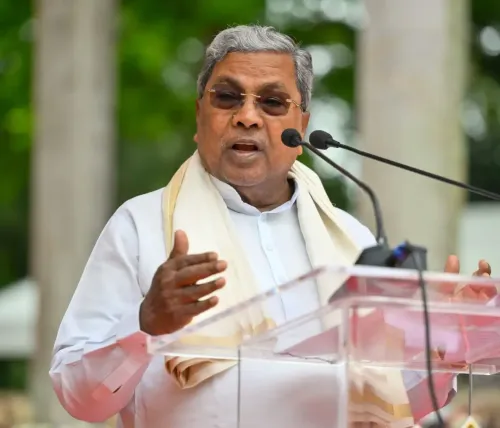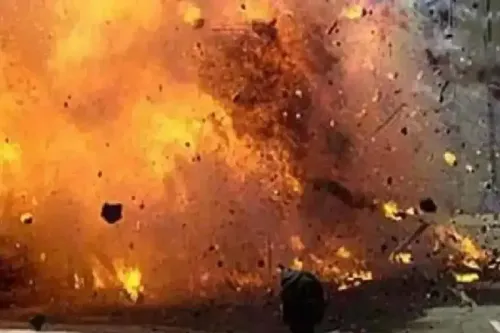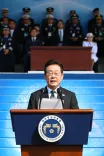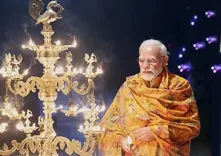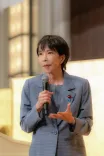Has Thailand's Acting PM Requested the Dissolution of the Lower House?
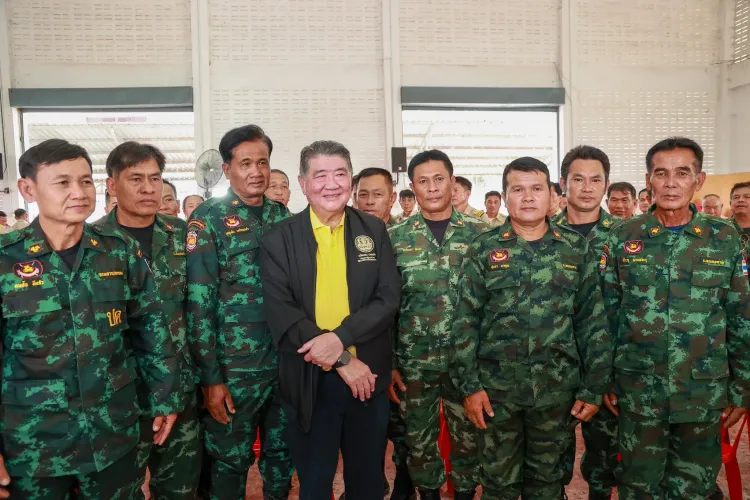
Synopsis
Key Takeaways
- Phumtham Wechayachai has requested the dissolution of the lower House.
- The decision follows a shift in political support among parties.
- Paetongtarn Shinawatra was ousted for constitutional violations.
- The political climate remains tense with potential implications for governance.
- Collaboration among parties is essential for political stability.
Bangkok, Sep 3 (NationPress) The acting Prime Minister of Thailand, Phumtham Wechayachai, has officially requested King Maha Vajiralongkorn to dissolve the lower House of Representatives, according to reports from local media citing a senior official from the ruling party.
"Phumtham has initiated the process for the parliament's dissolution," stated Sorawong Thienthong, the secretary-general of the Pheu Thai Party, as reported by the National Broadcasting Services of Thailand.
This decision follows the announcement by the primary opposition party, the People's Party, expressing its support for the Bhumjaithai Party's candidate for Prime Minister, ahead of the forthcoming parliamentary vote.
On August 29, Thailand's Constitutional Court ousted the suspended Prime Minister, Paetongtarn Shinawatra, for breaching constitutional rules regarding a phone conversation she had about border issues with Cambodia.
In a split decision of six votes to three, the panel of judges ruled that Paetongtarn's actions represented a significant breach of ethical conduct, as reported by Xinhua News Agency.
The court's ruling also led to the dismissal of her cabinet; however, the remaining members will continue their caretaker responsibilities until a new cabinet is formed.
Following the ruling, Paetongtarn addressed the nation from the government house, stating that she accepted the verdict with humility, emphasizing that her intent was to safeguard citizens during the border conflict.
She highlighted the necessity for cooperation among all political entities to restore stability and avert similar abrupt changes in the future.
Expressing her gratitude to the Thai populace, Paetongtarn reflected on her nearly year-long tenure as Prime Minister.
Paetongtarn had been suspended in July while the court investigated her phone call with Samdech Techo Hun Sen, the President of the Cambodian Senate, concerning the border dispute, which had been leaked online in June.
On July 1, the nine-member court unanimously agreed to accept a petition from a group of senators who accused Paetongtarn of lacking integrity and severely breaching ethical standards, thus violating the constitution due to comments made during the call.

